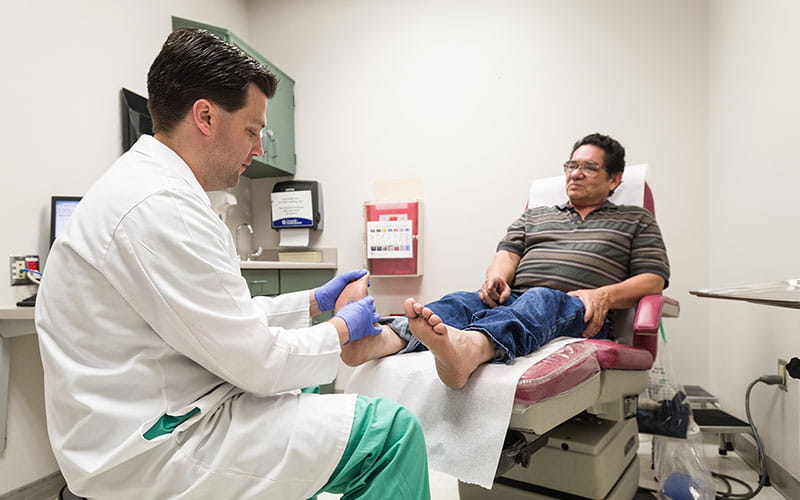You can buy over-the-counter medicines without a prescription, so they must be harmless — right?
Not necessarily. Particularly if you’re in a job that requires you to be alert and focused.
Some common over-the-counter (OTC) medicines can cause serious side effects. Some of these side effects can be felt or sensed by you, but not by others. Those you can usually feel are:
- Dizziness
- Drowsiness
- Double vision
- Headache
- Vertigo
Those you may not feel are:
- Confusion
- Depression
- Slow reactions
Any of these side effects can weaken or change your perception, attention, and judgment.
Consider your workplace
The type of work you do and your workplace plays a role in any side effects. For example, someone who has to keep an eye on gauges in a control room may feel sleepy after taking antihistamines. But someone who does active physical work may not.
Conditions in your workplace may change how certain medicines work. These conditions include:
- Heat
- Humidity
- Cold
- Being exposed to chemicals
Someone working in a hot and humid workplace will sweat a lot. This can lead to thirst and changes in your body chemistry. This can change the way a medicine works. You should pay attention to things in your workplace that could make a medicine's side effects worse.
When medicines get in the way
Over-the-counter antihistamines are good examples of the kinds of medicines that can affect your activities. Many traditional antihistamines cause side effects you can feel, such as sleepiness. They also bring on effects you might not notice. These include:
- Trouble making decisions
- Slowed reaction times
- Poor coordination
- Trouble understanding, learning and remembering
Other medicines that can get in the way of your daily activities are:
- OTC decongestants
- Stimulant laxatives
- OTC sleep aids
- Heart burn remedies
- Stay awake or alert pills
It's important for you to be sharp and focused while operating machinery, computers or driving. The effects of these medicines can make these activities troublesome and often dangerous.
What you can do
Ask your healthcare provider or pharmacist about the medicines you should take. He or she can point you to the kinds of medicines that won't make you sleepy and don't cause the same side effects. Always check with your employer about any rules about medicines in your workplace.
Here are some tips to use when taking OTC medicines:
- Read the warnings on all medicine packages and instructions.
- Always follow package directions when taking medicines.
- Ask your pharmacist to check if the OTC medicine will react with any other medicines you are taking.
- Don't drink alcohol when taking medicines.
For more information on this and other health topics, visit University Health's Health Library.



